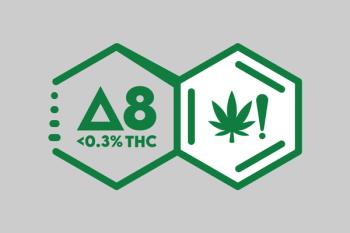
A recently added amendment to the 2024 Farm Bill would significantly impact intoxicating hemp-derived products.

A recently added amendment to the 2024 Farm Bill would significantly impact intoxicating hemp-derived products.

The nonprofit, which is focused on advancing the cannabis industry, joins a network of industry experts from over a hundred different organizations.

The final installment of this webinar series discussed recommendations for new policies integrating cannabis into harm reduction efforts.

At the Cannabis Science Conference Spring 2024, toxicologist Cristelle Santos provided a deep dive into the need for better cannabis product safety standards.
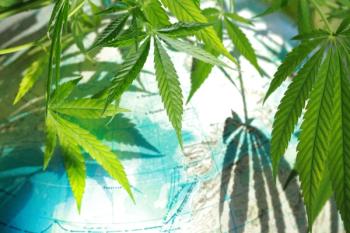
This hour-long webinar covered consumer safety, interstate commerce, and the need for global standards, highlighting collaboration and evidence-based approaches for future regulatory frameworks.
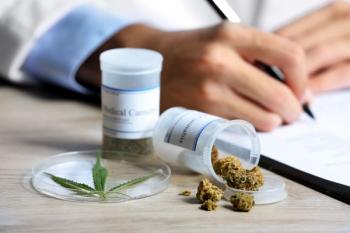
Focusing on the potential effects for medical cannabis patients, Americans for Safe Access held a high-level presentation and discussion on the rescheduling of cannabis.
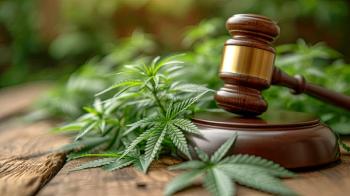
The US Attorney General has initiated the process to reclassify cannabis from a Schedule I to a less-restrictive Schedule III substance.
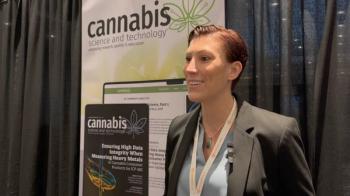
In this quick, onsite interview, Program Chair of the Compliance Track, Kim Stuck, shares the biggest buzz from the Cannabis Science Conference Spring 2024.

During Day 1’s General Session Kim Stuck, The Canna Consortium, moderated a panel featuring David Vaillencourt of S3 Collective, Ken Sobel Esq., and Susan Audino of S.A. Audino & Associates, LLC, where they shared their perspectives on cannabis’s recent federal rescheduling to Schedule III.

There have been a few changes when it comes to Organic Certification that you might not know about, so I’ll be dedicating this month’s blog to a certification opportunity for the hemp industry.
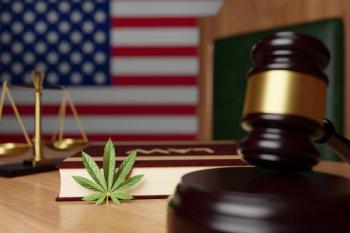
Multiple sources have reported that the US Drug Enforcement Administration will move to reclassify marijuana from Schedule I to Schedule III, effectively recognizing medical uses of cannabis and its reduced potential for abuse compared with other drugs.

In recognizing the 4/20 holiday, here is a selection of regulatory updates and commentary in the cannabis industry this year so far.

The cannabis business license application system has raised concerns with several stakeholders.

A collection of our most recent webinar coverage discussing medical research and testing methods.

Several efforts have been made to limit the prevalence of intoxicating hemp products.

In a big new move for Colorado, towards the end of 2023, the state approved a new set of hemp regulations that includes tighter restrictions over hemp derived cannabinoids, which were met with both pushback and acceptance from the industry.

This month’s webinar covered the many facets of fit for purpose testing of cannabis products.
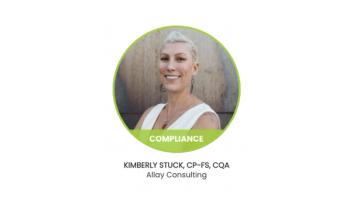
As the Chair for the new Compliance Track, Kim Stuck discusses what topics we can look forward to at the upcoming conference.

At this moment I am in Barcelona, Spain for one of the biggest cannabis conventions in the world: Spannabis (1). I feel I would be remiss if I didn’t write my blog this month without touching on international legalization of cannabis and how that would affect the United States market.

To coordinate efforts for the rescheduling road ahead, the S3 Collective held a webinar for anyone with a stake in federal cannabis regulations.

On January 31, 2024, the GMP Collective presented the seventeenth episode in their ongoing webinar series, When Things Go Wrong.

The landscape of the cannabis industry is dynamic and continually evolving, so who is to say exactly how they will be enforcing or regulating cannabis if it does get rescheduled, but we can learn from what we have seen in the past and what we are hearing in the back rooms of regulatory agencies. This could be a significant shift that could reshape the industry. This change would signify a recognition of its medicinal value, open doors for new opportunities, and also have some consequences for companies not prepared for the shift. In this blog, we explore the potential implications of cannabis becoming a Schedule III substance and why obtaining current Good Manufacturing Practices (cGMP) 211 Certification from an accredited certifying body is crucial for ensuring the longevity and success of cannabis businesses. What we don’t know at this time is what kind of runway we have in implementing these new standards to be compliant with them. They could give 30 days or one year, but we just won’t know until it happens. The best thing you can do for your business now is become compliant with these standards before you are required to be so.

Bills placed before the South Dakota Senate Health and Human Services Committee proposed changes to the state’s medical cannabis program.

In recent years, the cannabis industry has experienced a significant shift in public perception and legal landscape. One of the key factors influencing this change is the reconsideration of the scheduling of tetrahydrocannabinol (THC), the intoxicating compound found in cannabis, by regulatory authorities. Currently classified as a Schedule I controlled substance in the United States (US), THC's rescheduling to Schedule III could have profound effects on the cannabis industry. In this blog, we analyze the many potential implications of such a change, focusing on the medical, economic, and societal aspects of the cannabis market.

The cannabis industry has experienced a paradigm shift over the past few years, with legalization sweeping across various states. As the market expands, so does the need for stringent quality control and testing measures to ensure the safety and efficacy of cannabis products. In this blog, we delve into the critical importance of quality control in the cannabis industry, focusing on testing requirements for potency, contaminants, and other quality measures. Additionally, we explore the dynamic landscape of testing standards, highlighting any recent updates or changes that businesses and consumers should be aware of.